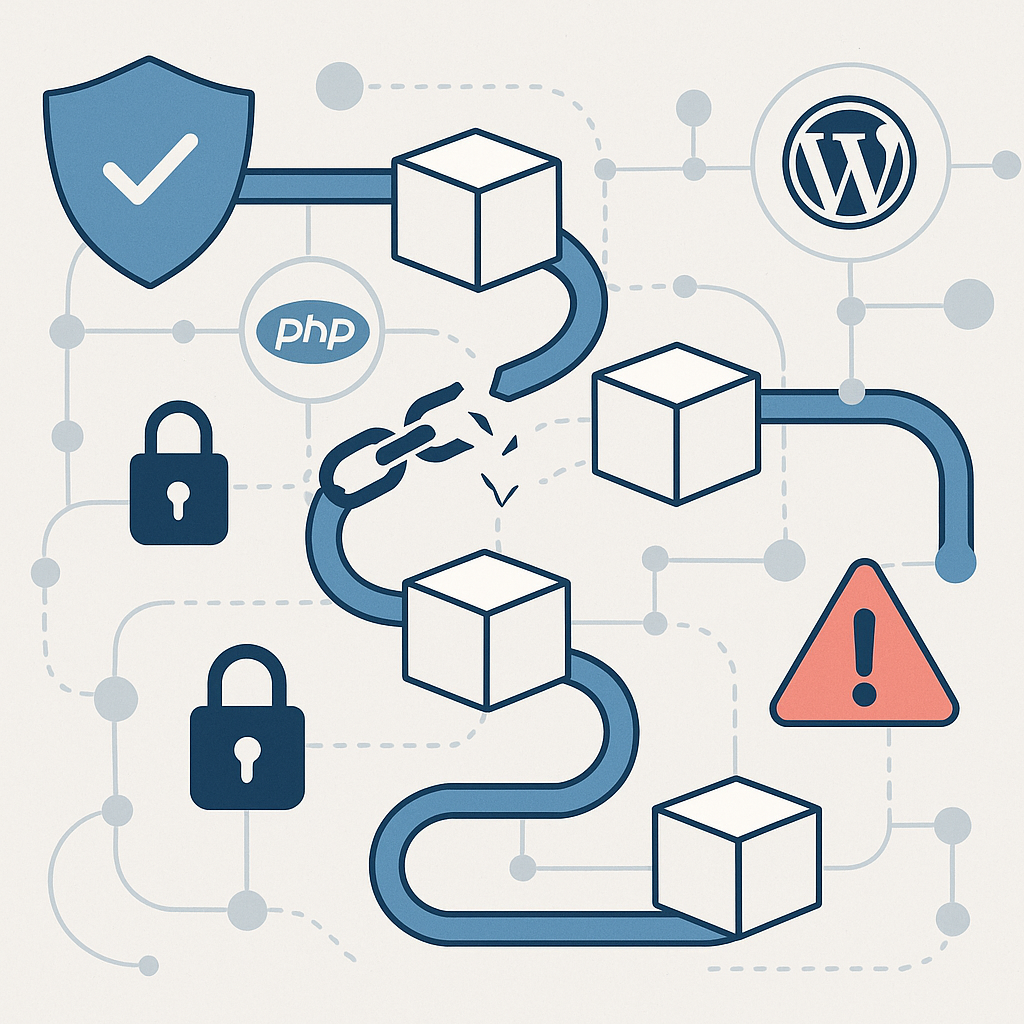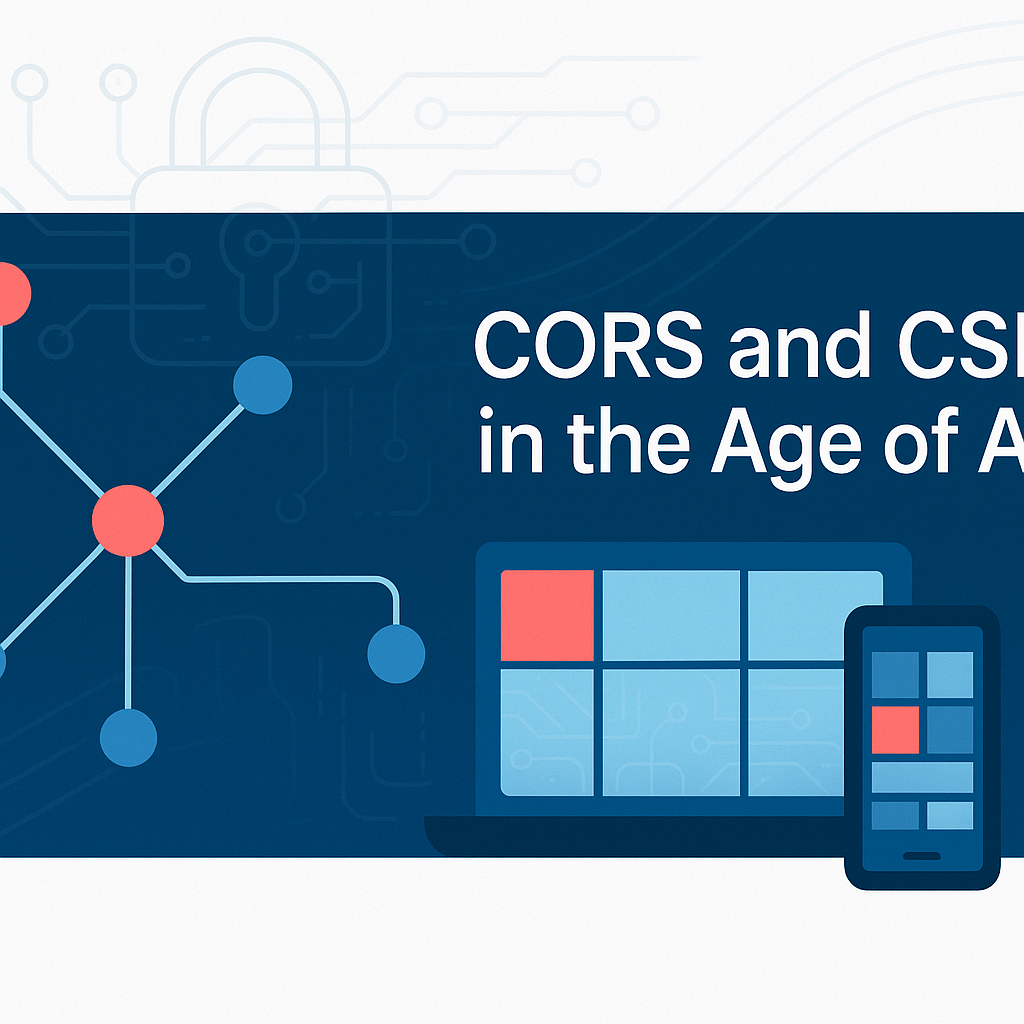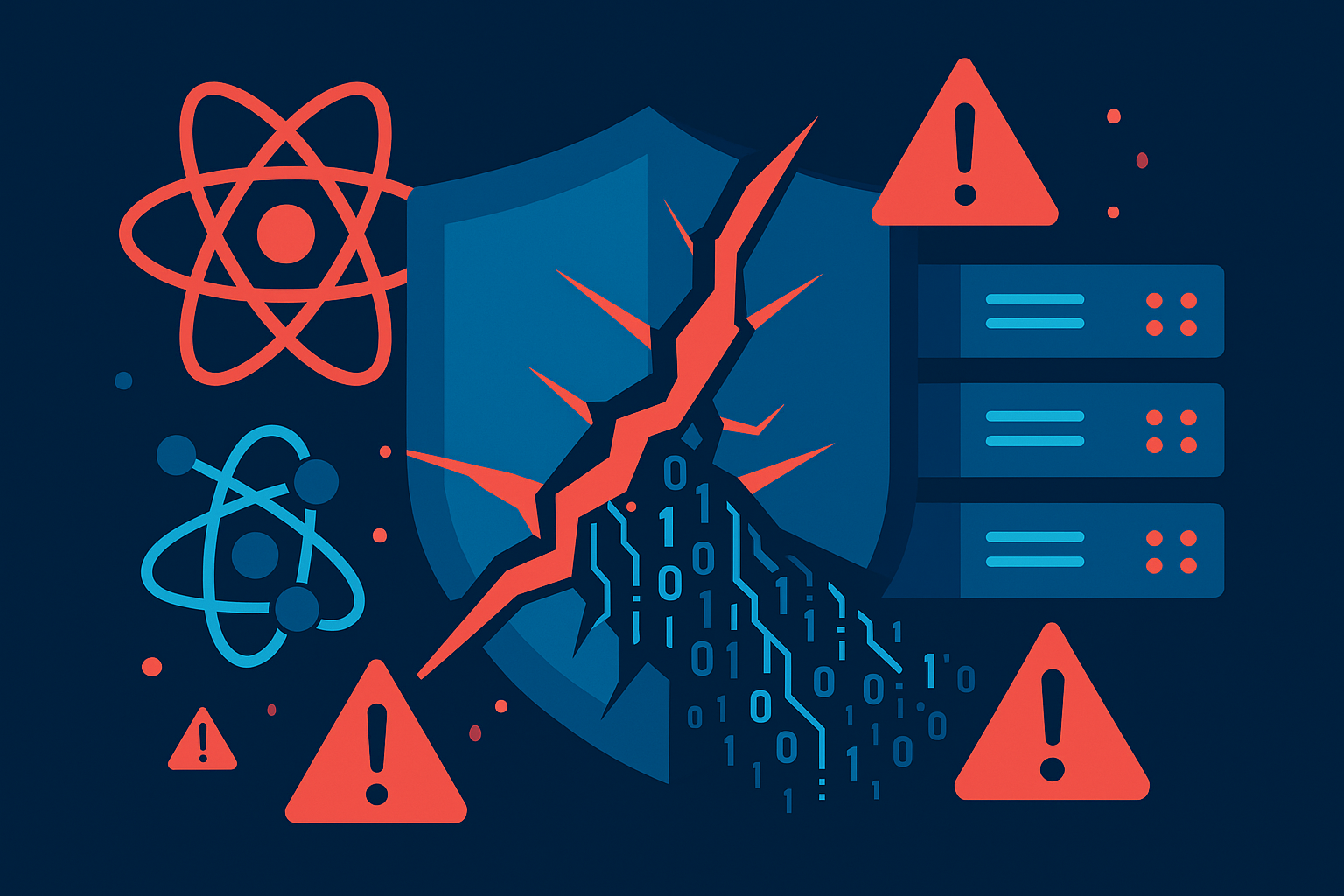How AI Has Flipped the Buy vs Build Equation
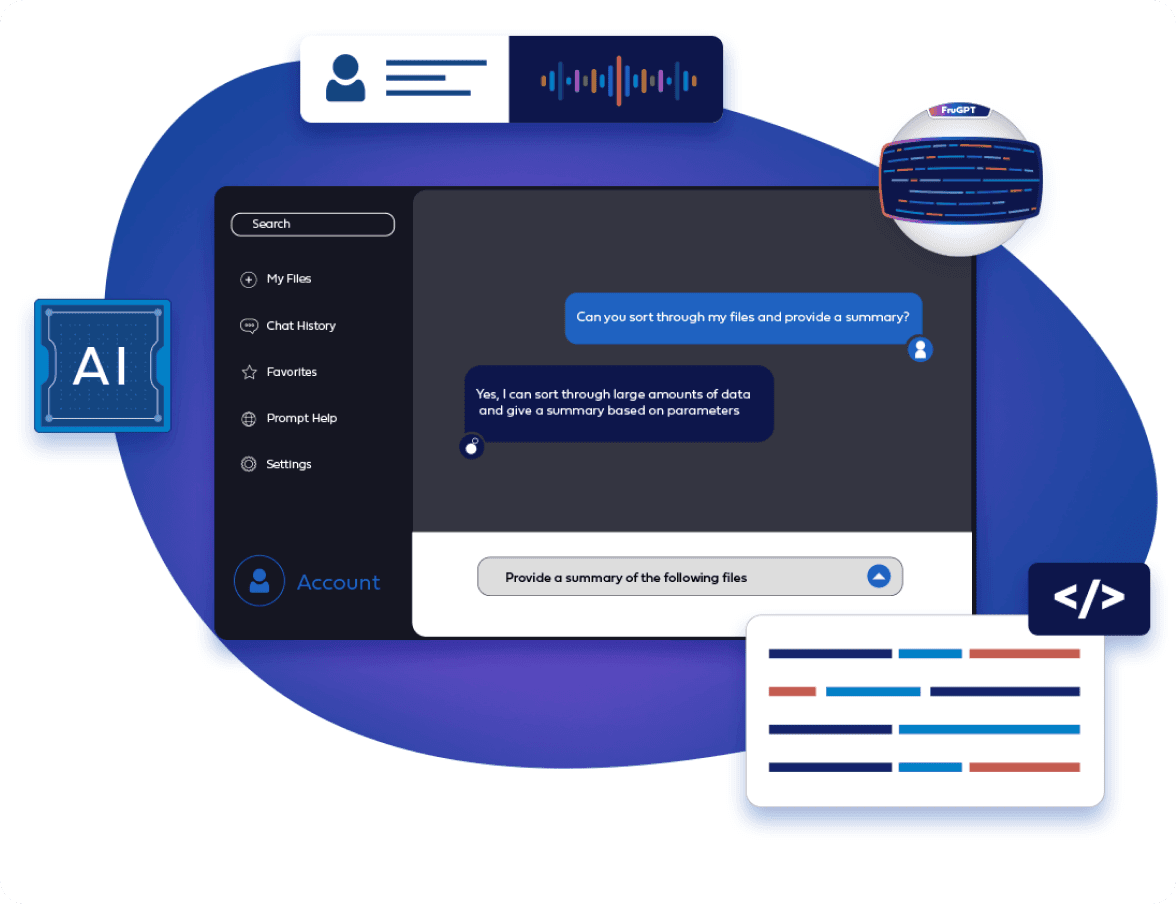
Executive Summary
You’re an exec of a rapidly growing company. Your SaaS subscriptions to Salesforce, once affordable, have ballooned into a significant budget line item. Integration headaches and compliance audits are becoming frequent and costly. Previously there was one decision and that was pick the SaaS product e.g. Salesforce and go with it. Now, with AI assisted development the buy vs build decision has shifted and there are better alternatives.
Thanks to modern AI-powered development tools, custom software costs have plummeted by up to 80%, while SaaS subscription fees continue to rise sharply. For organizations spending more than $50K annually on licenses—or grappling with complex integration and compliance requirements—building custom solutions is now often the cheaper, lower-risk path.
1. Why the Equation Changed
Three forces converged:
- Generative code assistants (GitHub Copilot, Claude, GPT-4) now create 40–60 % of production code, compressing timelines from months to weeks.
- Automated quality tooling writes tests, finds bugs, and generates documentation, slashing maintenance overhead.
- SaaS inflation—especially “seat-based” pricing—outpaces IT budgets and forces painful licence audits.
The net result is a permanent cost inversion: custom can be cheaper than commodity.
2. The New Cost Math at a Glance
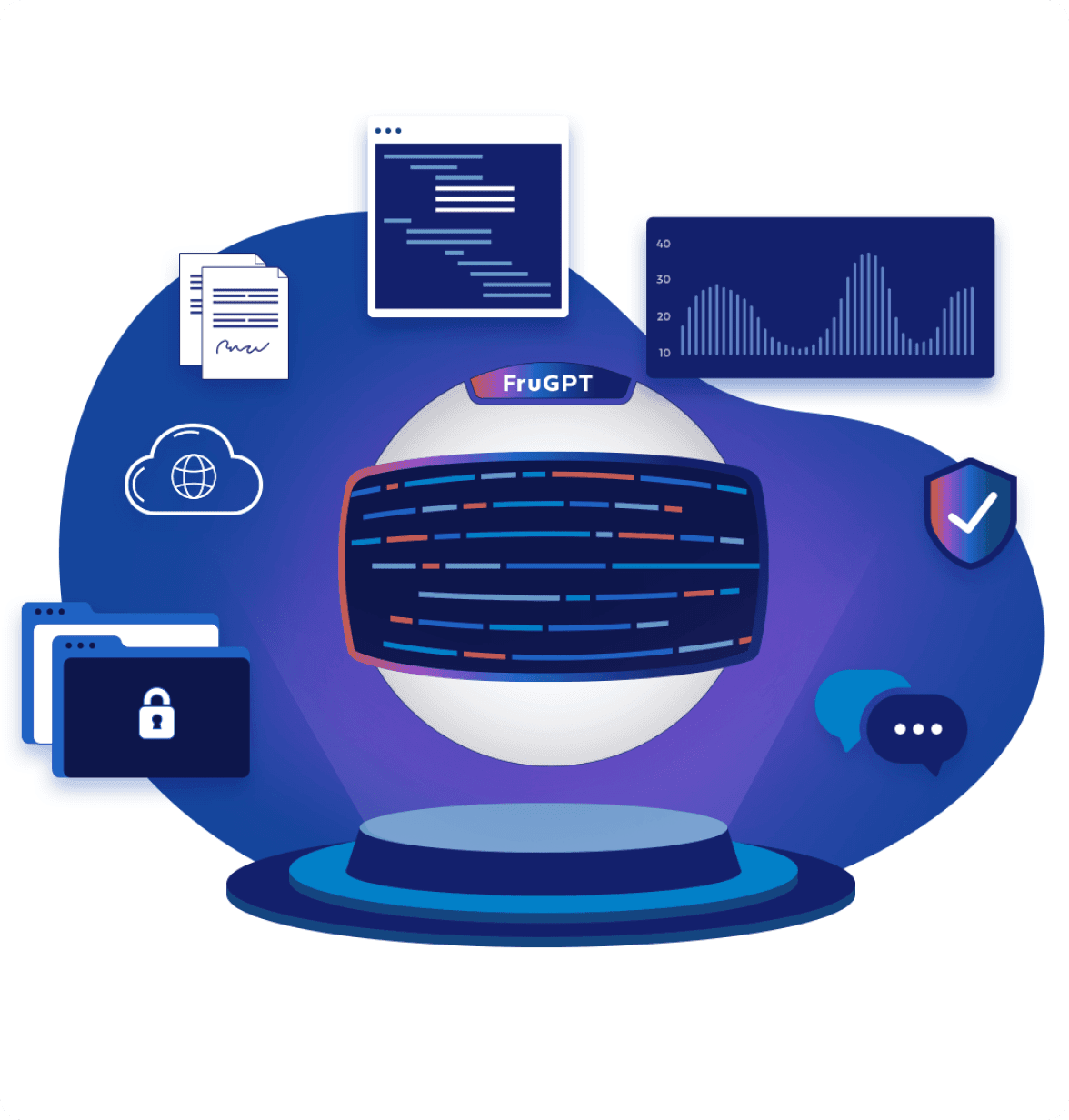
| Application | Pre-AI Build Cost | AI-Era Build Cost | SaaS 3-Year Cost * |
|---|---|---|---|
| CRM | $150-500 K | $30-100 K | $288-960 K |
| CMS | $75-200 K | $15-50 K | $72-360 K |
| Ecommerce | $100-300 K | $25-75 K | $60-180 K |
* Representative pricing: Salesforce Enterprise, Contentful Enterprise, Shopify Plus.
3. When Buying Still Wins — and When It Doesn’t
To help you quickly determine the best approach, follow this decision-making flowchart:
Buy vs Build Decision Framework
Software Need
|
v
User Count & Annual SaaS Cost
|
+-- < 25 users, < $50K/year ────────────→ BUY SAAS
|
+-- ≥ 50 users, ≥ $50K/year
|
v
Workflow Complexity
|
+-- Standard workflows ─────────────→ HYBRID APPROACH
| |
| v
| Unique Data Models?
| |
| +-- Standard ─→ Buy + Integration
| +-- Unique ──→ BUILD CUSTOM
|
+-- Complex/Unique workflows
|
v
Compliance Requirements
|
+-- Standard needs ─────────────→ HYBRID APPROACH
+-- Strict compliance ──────────→ BUILD CUSTOM| Buy | Build | Hybrid |
|---|---|---|
| Simple, well-defined workflows | Unique workflows & data models | Phased migrations |
| < 25 users | ≥ 50 users or $50 K / yr SaaS spend | Keep commodity modules, replace bottlenecks |
| No strict compliance needs | Data sovereignty / FedRAMP / WCAG | Combine open-source core + custom extensions |
4. Platform Snapshots
CRM
Off-the-shelf works for small sales teams. Once headcount or compliance increases, licence costs quickly eclipse an AI-built alternative that you fully own.
Content Management
Headless SaaS shines for marketing sites with vanilla workflows. Complex editorial governance, multi-brand requirements, or API-first mandates favour custom CMS and in some cases still Wordpress because of marketing team preferences.
Ecommerce
Shopify is unbeatable below $10 M GMV. Enterprise merchants with dynamic pricing, multi-storefront logic, or SAP integration needs gain ROI by building.
(Need details? See our CMS migration guide and E-commerce replatform checklist).
5. Government & Enterprise Spotlight
Government agencies and Fortune 1000 firms share two pain points: licence scale and regulatory drag. A portal for a major airport we rebuilt saved $1.05 M in three years compared with Salesforce Government Cloud while achieving Section 508 compliance from day one.
6. AI Tooling Landscape (2025)
| Category | Leading Tools | Typical Impact |
|---|---|---|
| Code generation | Copilot, Cursor, GPT-4 | 40-60 % faster feature delivery |
| Testing & QA | Diffblue, CodiumAI | Automated unit/integration tests, fewer bugs |
| Documentation | Mintlify, Swimm | Up-to-date docs, lower onboarding time |
| Low-code scaffolds | Vercel v0, Replit Agent | UI generation in minutes |
7. Implementation Roadmap
timeline
title Build-First Decision Timeline
2025-Week1 : Assessment & TCO analysis
2025-Week5 : AI-powered proof-of-concept
2025-Week10: Full build kick-off or SaaS renegotiation8. Key Objections — and Reality Checks
“Development takes too long.”
AI shortens timelines by 50–70 %, and phased releases deliver value early.
“We lack dev resources.”
Most SaaS rollouts need integrators anyway. Partner with an AI-enabled team—like Fruition—while up-skilling internally.
“Custom is riskier.”
Vendor lock-in, price hikes, and API limits are risks too. Modern modular stacks plus automated tests mitigate build risk.
9. Decision Checklist (Download)
Thinking of switching?
Take our Interactive Buy vs Build Quiz to get a personalized recommendation in under 3 minutes.
Conclusion
The question is no longer “Can we afford to build?”
It’s “Can we afford not to?”
Ready for an impartial assessment? Schedule a complimentary 30-minute consultation with our technology strategists and receive a personalised TCO model.
Updated with July 2025 pricing data and AI tooling benchmarks.

